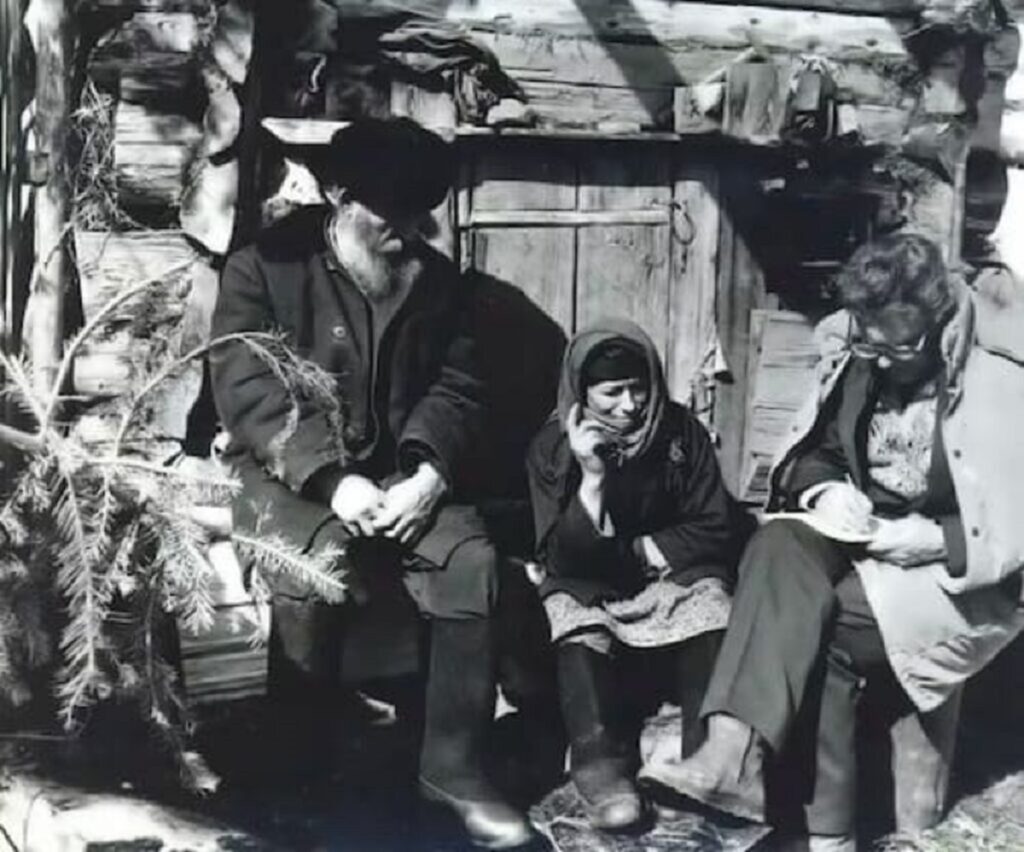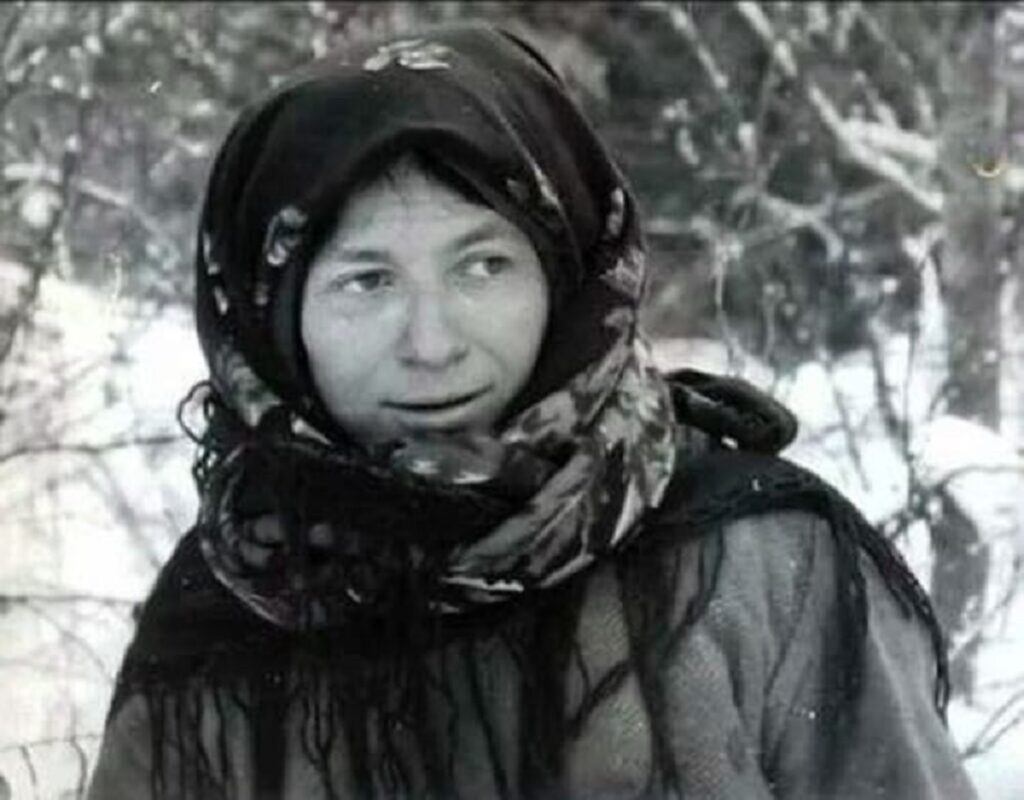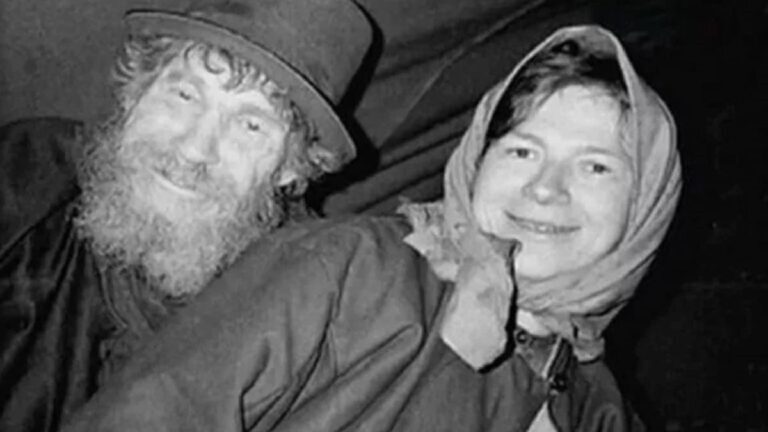In a world where we are constantly connected through technology, the story of a family that lived in total isolation for 40 years feels like something out of a bygone era. The tale of the Lykov family, who survived in the remote Siberian wilderness for decades without any contact with the outside world, offers a glimpse into a life that is hard to imagine today.
The Lykov Family: A Life Removed from the Modern World

Hidden deep in the dense forests of Siberia, the Lykov family lived a life that was entirely cut off from civilization. Their incredible story came to light only when a team of Soviet geologists accidentally discovered their isolated homestead in the late 1970s. For the Lykovs, this was their first contact with anyone outside their immediate family in over four decades.
Karp Lykov, the family’s patriarch, had fled into the forest with his wife, Akulina, and their two children, Savin and Natalia, in the 1930s. They were escaping persecution after Karp’s brother was killed by Soviet authorities. Seeking refuge in the wilderness, the family found safety in the Taiga, far from the prying eyes of the world.
Survival Through Simplicity and Strength
The Lykov family’s life was one of unimaginable resilience. They lived on the edges of survival, making their own clothing from hemp and tree bark, and subsisting on whatever they could grow or hunt. Their world was stripped down to the barest essentials, and yet they managed to survive in some of the harshest conditions on earth.
What’s perhaps most striking about the Lykovs is how their children, including two who were born after the family retreated into the forest, grew up entirely unaware of the world beyond the trees. Dmitry and Agafia had no idea that World War II had taken place, or that there were other people outside their family unit. Their isolation was so complete that they lived without any concept of the modern world.
The World Finds Them
When the geologists discovered the family, their story spread far and wide. Despite their sudden exposure to the outside world, the Lykovs largely chose to remain in their secluded existence. Sadly, within a few years of their discovery, most of the family members had passed away. Karp Lykov himself lived until 1988, reaching the age of 90. Only his youngest daughter, Agafia, survived and continues to live in the Taiga to this day.
Agafia Lykov: The Last Link to a Vanished Way of Life

Agafia’s decision to stay in the wilderness is a powerful reminder of the family’s enduring commitment to their way of life. Now living in a slightly more modernized home, she remains the last link to the extraordinary story of the Lykovs. Her solitary existence serves as a poignant symbol of a life lived outside the boundaries of modern society.
In a time when most of us are tied to our phones, laptops, and social networks, the Lykovs’ story feels almost unimaginable. It forces us to reflect on what we truly need to survive and thrive, and what we have simply grown accustomed to in our fast-paced, connected world. Their story, though extreme, invites us to consider how much of what we rely on every day is essential, and how much is simply part of the noise of modern life.
The Lykov family’s journey of survival, faith, and independence is a testament to the human spirit’s ability to endure, even in the most isolating conditions.






